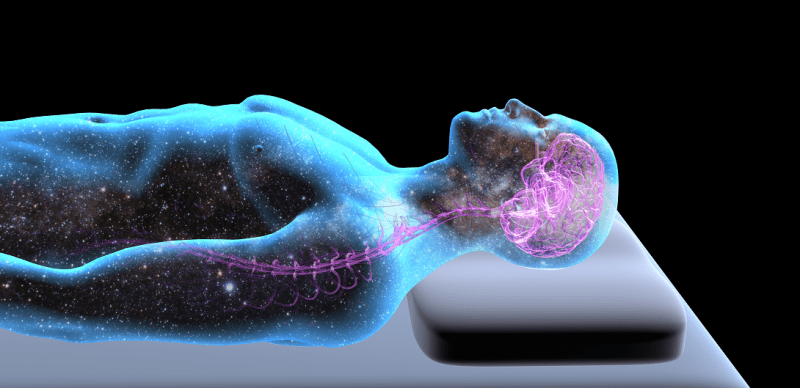Sleep Affecting Human Health
Written by Darshana Srivatsan
Getting enough sleep is essential for preserving general health and well-being. It is necessary for many body processes, such as mental, physical, and cognitive functioning. Sufficient sleep promotes immune system function, muscle growth, and healing of the body. Additionally, it is essential for brain function, supporting learning, emotional control, and memory consolidation. Many physiological concerns, including a compromised immune system, a higher chance of developing long-term illnesses like obesity, diabetes, and heart disease, as well as mental health difficulties like anxiety and depression, can result from sleep deprivation.
Furthermore, getting too little sleep might affect how well one concentrates, makes decisions and reacts to stimuli. Maintaining a regular sleep pattern and setting up a comfortable sleeping environment can greatly enhance general health. The body goes through important maintenance and repair procedures as you sleep. This covers protein synthesis, tissue expansion, and muscle healing. By assisting in the regulation of blood pressure and inflammatory levels, sleep also promotes heart health. Sleep is closely linked to emotional and mental well-being. Insufficient sleep can exacerbate symptoms of anxiety and depression. Sleep affects the release of various hormones in the body, including growth hormone, which is crucial for growth and development in children and adolescents, and testosterone, which is important for muscle mass and bone strength in adults.
References
Besedovsky, L., Lange, T., and M. Haack. "Sleep and Immune Function." Pflugers Archiv: European Journal of Physiology, vol. 463, no. 1, 2012, pp. 121-137.
Catoe, H., T. Feichtinger, and P. D. Norris. "Effects of Sleep on Protein Synthesis and Tissue Repair." Journal of Clinical Sleep Medicine, vol. 16, no. 4, 2020, pp. 567-572.
Cohen, S., D. Janicki-Deverts, and G. E. Miller. "Psychological Stress and Disease." JAMA, vol. 298, no. 14, 2009, pp. 1685-1687.
Diekelmann, S., and J. Born. "The Memory Function of Sleep." Nature Reviews Neuroscience, vol. 11, no. 2, 2010, pp. 114-126.
Goldstein, A. N., and M. P. Walker. "The Role of Sleep in Emotional Brain Function." Annual Review of Clinical Psychology, vol. 10, 2014, pp. 679-708.
Haurani, M. J., E. K. McCarthy, and C. M. Anthony. "Testosterone and Its Role in Muscle Strength and Bone Health." Journal of Endocrinology, vol. 186, no. 3, 2005, pp. 301-310.
Li, Y., J. Zhang, and L. Zhang. "Sleep and Hypertension: A Meta-Analysis." Journal of Clinical Hypertension, vol. 15, no. 8, 2013, pp. 615-621.
Mignot, E. "The Role of Sleep in Health and Disease." Current Opinion in Neurobiology, vol. 23, no. 5, 2013, pp. 679-683.
Pilcher, J. J., and A. I. Huffcutt. "Effects of Sleep Deprivation on Performance: A Meta-Analysis." Sleep, vol. 19, no. 4, 1996, pp. 318-326.
Riemann, D., C. Nissen, and R. W. Schredl. "Sleep and Mental Disorders." Sleep Medicine Reviews, vol. 24, 2015, pp. 31-40.
Somers, V. K., D. P. White, and W. C. Amin. "Sleep Apnea and Cardiovascular Disease." Journal of the American College of Cardiology, vol. 53, no. 5, 2008, pp. 397-404.
Van Cauter, E., R. Leproult, and B. Plat. "Sleep and Endocrine Function." Hormone Research, vol. 54, suppl. 1, 2000, pp. 39-46.
Walker, M. P. Why We Sleep: The New Science of Sleep and Dreams. Scribner, 2017.


